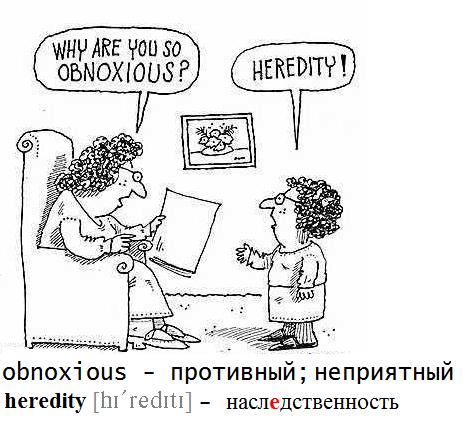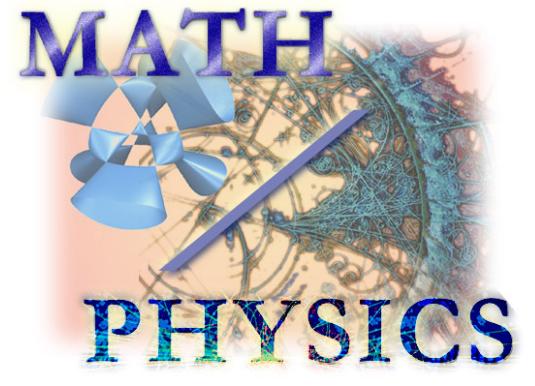
Задание на первый урок с репетитором MBA
E-books: For or against?
Topic: Electronic books vs paper (paperback) ones
Aims:
- To help students argue for and against e-books and other topics
- To develop students’ writing skills
- To develop students’ reading skills
- To develop students’ speaking and listening skills
Level: Intermediate
Ищете репетитора TOEFL в Москве?
Не знаете, как лучше изучать английский язык для Toefl?
Introduction
Are you for or against electronic books?
In this lesson, students read about the advantages and disadvantages of electronic books.
They look at language for essay writing and the informal language of blog comments.
Students have ‘for or against’ discussions on various topics.
They write a ‘for or against’ blog entry and respond to their classmates’ writing with written comments.
Procedure
Lead in
- Tell the class about a friend who has an electronic book. Ask if the students know anyone who has an ebook. What can they tell you about ebooks?
- Draw the following chart on the board. As a class, list ideas for and against electronic books, e.g., ebooks are cheap, paper books are easier to read. Leave the notes on the board.
Electronic books
Advantages | Disadvantages |
|
|
Task 1: Read
- Hand out Task 1. Ask students to look at the text. Can they identify the blog entry (the first part) and the comments section (the second part)? Ask students to read the blog entry (they will read the comments section later) quickly and decide if the writer is for or against ebooks (the writer is neutral; neither for nor against). Set a two-minute time limit.
- Ask students to do exercise A. They could say if the writer agrees with the class’s list of advantages and disadvantages on the board.
- Ask the students to do exercise B individually and then compare answers in pairs.
- Students read the comments section and do exercise C and D in pairs.
- Ask the students if they agree with any of the comments.
Task 1: Read
A) Read the blog entry ‘Electronic books or paper books?’What are the advantages and disadvantages of ebooks according to the writer?B) Read the blog entry again and match the underlined parts of the text with these words and expressions: 1 As well as this _also________ 2 but _______________ 3 However _______________ 4 In conclusion _______________ 5 nowadays _______________ 6 On the one hand _______________ C) Read the comments section. Which person…1 …likes ebooks because they are small?__ Sarah __ 2 …is worried about the environment?__________ 3 …thinks ebooks are only for peole with a lot of money?__________ 4 …doesn’t pay to download ebooks? __________ 5 …doesn’t like ebooks because they cost a lot of money?__________ 6 …thinks nobody will read traditional books in the future?__________ 7 …is worried about his job?__________ D) Match the descriptions with the words in italics in ‘Blog comments’. 1 Very good _________________ 2 Bad _________________ 3 There is nothing negative _________________ 4 I’m going to continue using _________________ |
Answers Task 1:
B: 1 also, 2 whereas, 3 On the other hand, 4 To sum up, 5 these days, 6 some people think that
C: 1 Sarah, 2 Scott, 3 Jules, 4 Tamsin, 5 Graham, 6 Jaime, 7 Jon
D: 1 Great, 2 rubbish, 3 What’s not to like?, 4 I’m sticking with
Task 2: Discuss
- Hand out Task 2. Tell the students that they are going to discuss the topics in Task 2 but first they need to prepare what they want to say. Give students a time limit of 5 minutes to read the discussion topics and make notes ‘for’ and ‘against’. Students discuss the topics in small groups.
- Each group could choose a spokesperson to report back group opinions to the class.
Task 2: DiscussAre you for or against? Discuss these topics in groups. 1 Emails or letters? 2 Text message or phone call? 3 Plane or boat? 4 Electric toothbrush or traditional toothbrush? 5 Credit card or cash? 6 Computer game or board game? 7 Car or bike? |
Task 3: Write
- Hand out Task 3 and tell the students to look at exercise A. In pairs or threes, students write a ‘for or against’ blog entry. The pairs or groups can choose one of the discussion topics from Task 2 or they can invent a different title.
- Students should use the blog entry in Task 1 as a model for their writing and write 4 paragraphs, an introduction, a paragraph with reasons ‘for’, a paragraph with reasons ‘against’ and a conclusion. Encourage students to use the words and expressions from Task 1B.
- With a weaker class you could write a blog entry on the board as a class. Ask students to tell you what to write and feed in ideas and language as necessary. Students then use the model on the board to write on a different topic in pairs or threes.
Tip: Fast finishers could add more discussion topics to the list in Task 2 and then talk about them. |
- To do exercise B students swap papers with a different group. They could all pass their papers to the group on the left or you could collect them in and hand them out to different groups. Students read their classmates’ blog and then add their opinion in the comments section. Walk around the class and give lots of help. Encourage students to use the informal language from Task 1D. Set a time limit of five minutes so that the groups finish at the same time.
- Students swap papers with a different group, read and add another comment. Swap papers and repeat. Continue over the page if necessary.
- Display the ‘blogs’ on the wall for all to read.
Task 3: Write
A) Write a ‘for or against’ blog entry. Use words and expressions from Task 1B.
Blog on. The ‘for or against’ blog.
_______________or_______________?
B) Change papers and comment on your classmates’ blogs. Use some of the words and expressions from Task 1D.
Blog comments: Tell us what you think.
Which format should you publish in?
Why should you prefer one over the other?
A quick summary of the pros and cons of both formats.
Modern paper books are printed on papers
which are designed specifically for the publication of printed books.
Anyway, I hope e-books don’t take over paper books one day.
Even if it does, I don’t think I’ll resort to e-books.
Are ebooks greener than paper books?
Should we be chopping down trees to make books?
Or would it be better for the environment if we all read books digitally?
Ebooks are very popular these days but many readers prefer paper books.
Some people think that electronic books are great.
You can store thousands of books
I interviewed plenty of people and they all said that ebooks would never take off
and that people would always prefer paper books.
Paperbacks all the way for me. Spending the bulk of my working day looking at a screen, I have no desire at all to read a book from one for pleasure, in fact as trying to read a long document from a screen drives cross eyed, I usually print those as then I have no problem.
If paperbacks disapeared and the only way to get books was to buy e-books, I would print them and read them.
GMAT, GRE, SAT, IB, Math, Physics, and Economics tuition.
Репетитор - учитель английского языка и математики в Москве (метро Марьино) - обучение онлайн.


